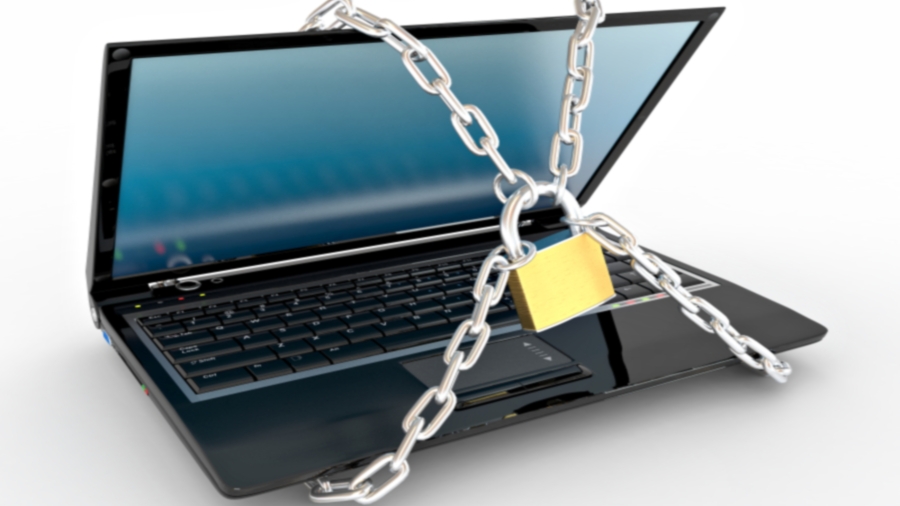Hundreds of thousands of laptops are stolen each year, but only a tiny percentage of these laptops are found! Most laptops are scanned when left unattended in offices, hotel conference rooms, taxis and public places such as airports and restaurants.
When your laptop is sold on the street, valuable data is lost. Sometimes the data, not the computer, is the real target. A devious thief having access to personal data stored on your laptop’s hard drive, such as name, address, birth date, bank details and social security number, could wreak havoc on your personal finances and credit rating.
There have been a lot of high-flying victims of cell theft Margita Thompson, press secretary of California governor Arnold Schwarzenegger, recently stole a laptop. Access to confidential political data may be one of the main reasons for the theft of this book.
Protect your laptop
Recently, IBM has created a fingerprint reader for some Thinkpad T42 models, which may well be the future of notebook security. The fingerprint reader creates a biometric security layer almost impossible to violate, but what about the rest of us with older laptops?
Below are four helpful ways to protect your laptop.
Lock cable for laptop
Anti-theft cables should deter the occasional thief. Many laptops are equipped with a universal security slot (USS) that allows the notebook to be connected to a lock cable. They can be bought at low prices in the outlets of office supplies and computer stores.
Burning your laptop
Burning your precious laptop permanently may seem like a drastic step, but marking the case of the laptop with your phone number and address can deter thieves and, in case of theft, increase the chances of receiving your computer.
Laptop motion detectors
Equip your laptop with a motion detector alarm that makes a loud noise if it is moved. Such an alarm could cause a thief to throw away the laptop. An interesting variant is a small radio transmitter that triggers an alarm when a laptop moves more than 10 to 20 feet from a receiver in your purse, wallet or pocket. Such an alarm would certainly alert thousands of people every year who simply leave their laptops in taxis.
Follow-up of the laptop
Stolen laptops can be tracked electronically using a software tracking code installed inside the computer’s hard drive. Tracer programs, such as Cyberangel, work when the laptop connects to the Internet and secretly reports the location of the laptop. Computrace Personal offers a similar service under a three-year contract and agrees to pay up to $ 1,000 if your laptop is not recovered within thirty days. Ztrace is a company offering an interesting variant of laptop tracking. They offer the ability to remotely delete or encrypt sensitive files from your laptop after it’s stolen.
The portability of laptops is both a boon to busy executives and laptop thieves. Learning how to secure your computer will hurt their efforts and keep your laptop and valuable data safe!
